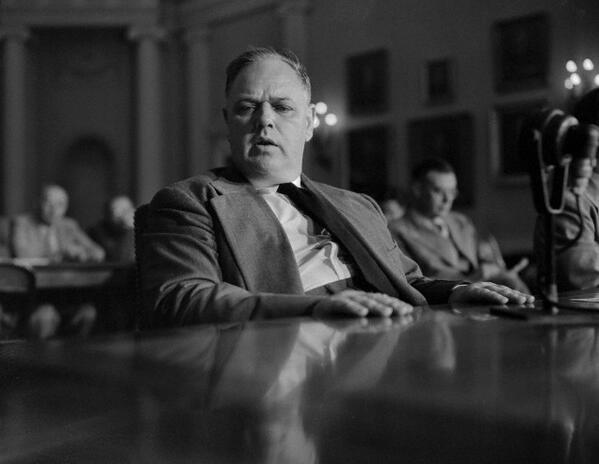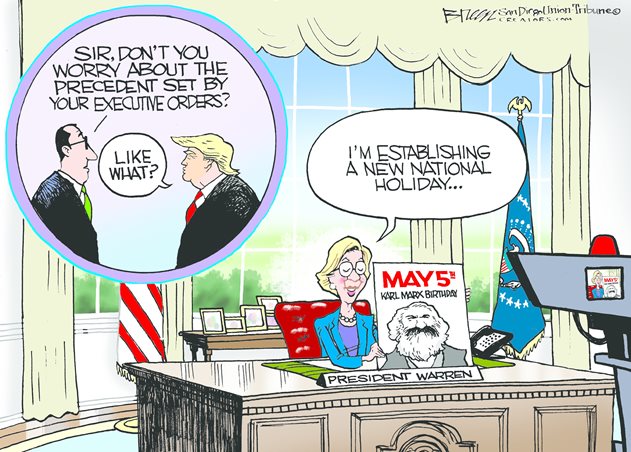I remember it was back around 1980, when I was teaching some high school students, that I first encountered the realization that I was older and they were unbelievably young. What do I mean? I was talking about the JFK assassination and was stunned to learn that they were too young to have had firsthand knowledge of it. Of course, if I had been thinking clearly, I would have understood that ahead of time; after all, even if I’m not a math whiz, I can count years.

That epiphany of relearning just how young my students are hit me again last week when I was sharing about that awful September 11, 2001. In my American history survey course, one student noted that she was born after the 2000 election and was obviously too young to have any personal memory of 9/11. In fact, every student in that class had no direct knowledge of it. In my upper-level course on religion and the presidents, I had reached George W. Bush; again, even in that class, with some seniors, the revelation was the same. One student noted that she was four at the time and had some memories of it, but the memories of a four-year-old are not the same as the memories of those of us who were adults at the time.
The problem is amplified when one considers the back seat history has taken in education. All over our nation, the number of history majors has fallen drastically. Young people are told they must focus on a job, and history, of course, won’t help them get it. At the elementary and secondary levels, far too much history has concentrated on old grievances that must be relived constantly or the latest trendy movements. A solid foundation in history is sorely lacking. I can’t tell you how many of my students in a typical survey course are nearly blank slates when it comes to knowing about American history.

It is rare today to find a student who knows anything about a man named Whittaker Chambers and how he exposed the communist underground in America. Yet he was front-page news from 1948-1950, and his masterful autobiography, Witness, jumped to #1 on the bestseller list when it was published in 1952. I teach a course on him for two reasons: first, he is a wonderful writer; second, through that writing, he helps current students grasp the evils of the socialist/communist theory that had bound him for many years when he worked in the underground, doing whatever his Soviet masters told him to do.
Socialism has failed wherever it has been tried, yet what do we see now? All the Democrats running for the presidential nomination, in one degree or another, are hopping onto that bandwagon. If only we would put the government in charge of the economy, they urge, all would be fairness, sweetness, and light. Perhaps some of them really believe this, but if so, the lack of history knowledge has led them astray as well.

Go to the colleges and universities all across our nation and you will find enthusiasm for socialism, as if this has never been tried before. How can students believe that? They are ignorant of history. Or they are being taught by those who are the True Believers and continue to push the vision of the delightful utopia that awaits once we do away with the “old” ideas of limited government, free markets, and the Biblical morality that gives those ideas the proper perspective.
Limited government? That’s even old hat to some who call themselves conservatives. They have bowed the knee to the fallacy that following an established rule of law (it’s called the Constitution) hems us in too much. They declare that if Congress—the institution given the authority to make the laws—doesn’t do what it ought to do (in their opinion), then the president can simply snap his fingers and make it happen. Democrat presidents are quite adept at that (yes, I’m thinking of you, Mr.-I-have-a-pen-and-a-phone Obama). But Republicans have picked up that unconstitutional message also. What does that portend for the future?

Knowledge of history is part of the solution. Might I add that those who major in history come out better researchers, thinkers, and writers than those who focus solely on tracks that aim toward jobs? Might I also be so bold as to say that those who can research, think, and write can be valuable employees, no matter what type of job they are in?
The ultimate solution, though, is spiritual. When a nation such as America strays from its Biblical moorings, we can expect to be where we are now. In my devotions this morning, I came across this prayer in the Book of Common Prayer, and I believe it’s a fitting ending for this blog today. Please pray it with me.
Lord God Almighty, in whose Name the founders of this country won liberty for themselves and for us, and lit the torch of freedom for nations then unborn: Grant that we and all the people of this land may have grace to maintain our liberties in righteousness and peace; through Jesus Christ our Lord, who lives and reigns with you and the Holy Spirit, one God, for ever and ever. Amen.
